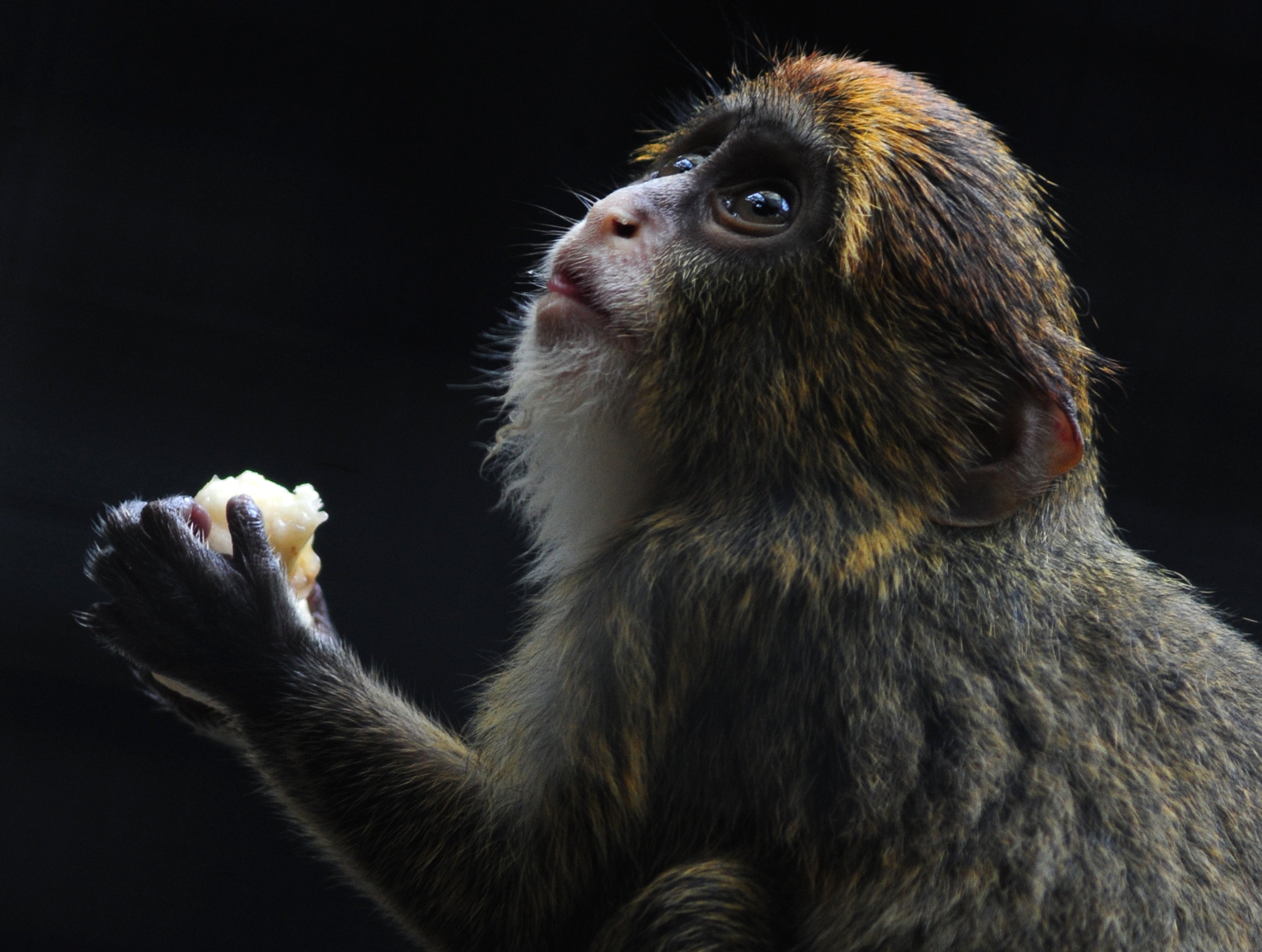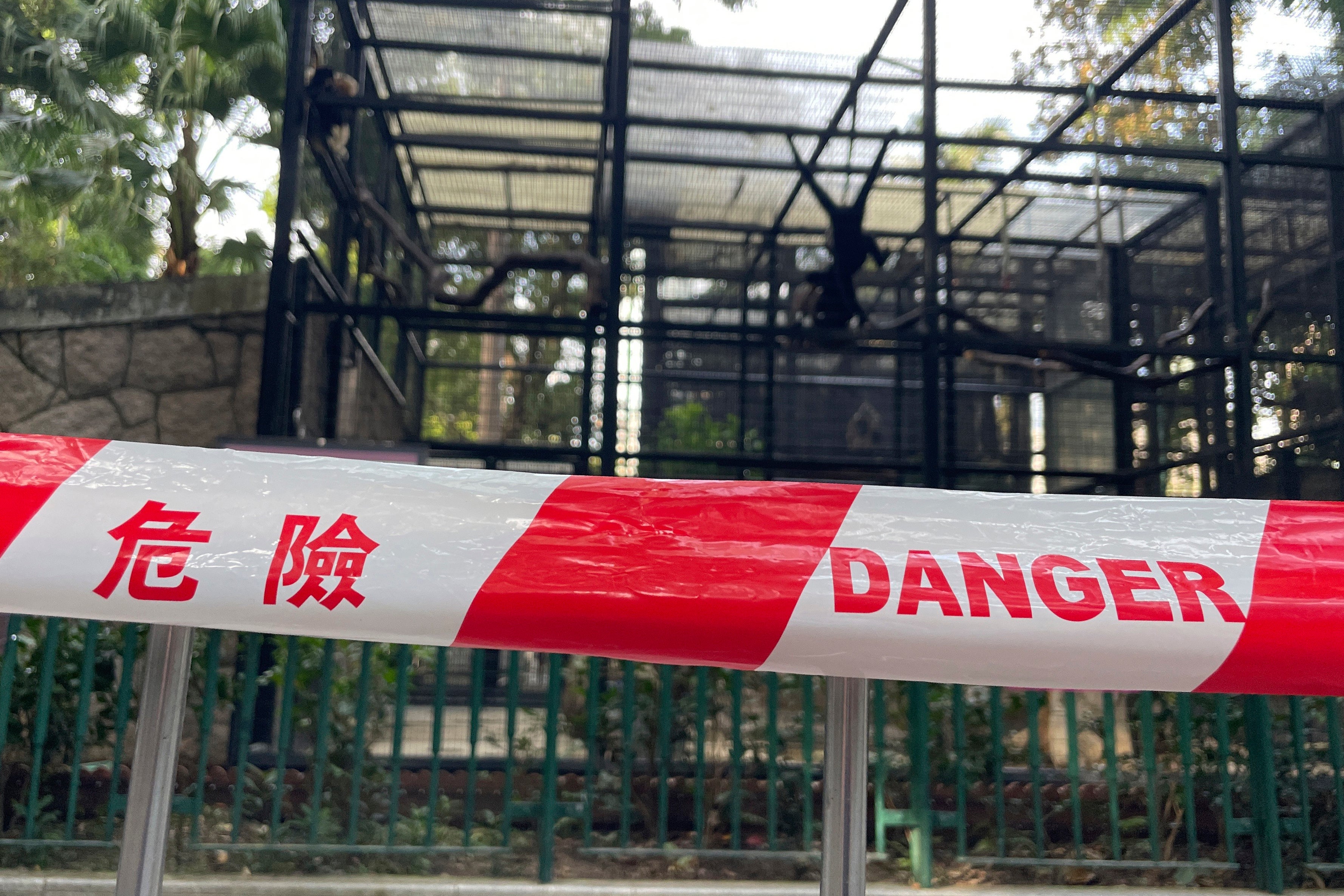Zoo reveals cause of mysterious monkey deaths as toll rises to 11
Authorities say people should not be ‘overly worried’ about infection that caused deaths spreading to people

Your support helps us to tell the story
From reproductive rights to climate change to Big Tech, The Independent is on the ground when the story is developing. Whether it's investigating the financials of Elon Musk's pro-Trump PAC or producing our latest documentary, 'The A Word', which shines a light on the American women fighting for reproductive rights, we know how important it is to parse out the facts from the messaging.
At such a critical moment in US history, we need reporters on the ground. Your donation allows us to keep sending journalists to speak to both sides of the story.
The Independent is trusted by Americans across the entire political spectrum. And unlike many other quality news outlets, we choose not to lock Americans out of our reporting and analysis with paywalls. We believe quality journalism should be available to everyone, paid for by those who can afford it.
Your support makes all the difference.The death of nine monkeys over two days at a zoo in Hong Kong is believed to have been caused by a bacterial infection, the city’s authorities said.
The death toll rose to 11 over the weekend after two more monkeys died. The Agriculture, Fisheries and Conservation Department said it would conduct a necropsy to find out if they had died of similar causes.
A section of the Hong Kong Zoological and Botanical Gardens was closed on 14 October after the deaths of the monkeys, including members of an endangered species, raising concerns about a disease outbreak.
They died of sepsis after catching melioidosis, the authorities said. Autopsies found melioidosis-inducing bacteria in their organs which likely came from soil near their habitat.
A De Brazza’s monkey, three common squirrel monkeys and as many endangered cotton-top tamarins, and four white-faced saki monkeys have died at the zoo so far.

Kevin Yeung, Hong Kong’s culture and tourism minister, told local broadcaster RTHK that workers digging up soil near where the monkeys lived likely brought contaminated soil into the cage on their shoes.
Mr Yeung said the incubation period for infection was about a week which matched the period between the digging work and the death of the animals.
"We have cordoned off the whole mammals section for the time being, so there will be no sort of contact between normal citizens with the animals," he added.
The bacterium causing melioidosis is common in Asia and the Pacific, where it normally lives in soil and water, said Thomas Sit, an assistant director of inspection and quarantine at the Agriculture, Fisheries and Conservation Department.
He said the monkeys tested negative for viral infections such as Influenza A, Mpox and Covid, the Hong Kong Free Press reported.
Though the bacterium can affect both humans and animals, it is unlikely to be passed from animals to humans, the authorities said.
The zoo authorities said they would keep the mammals section of the garden closed for now and closely monitor the conditions of the animals.
One De Brazza's monkey is under isolated surveillance since the first deaths and is being given medication.
Edwin Tsui, the health department controller, said deaths were an "isolated infection that happened in an individual zoo".
"We believe it will have a small impact on residents and people should not be overly worried,” he said.
The Zoological and Botanical Gardens is the oldest park in Hong Kong. It was established in 1860 and houses 158 bird species, 93 mammals and 21 reptiles in about 40 enclosures.
Join our commenting forum
Join thought-provoking conversations, follow other Independent readers and see their replies
Comments